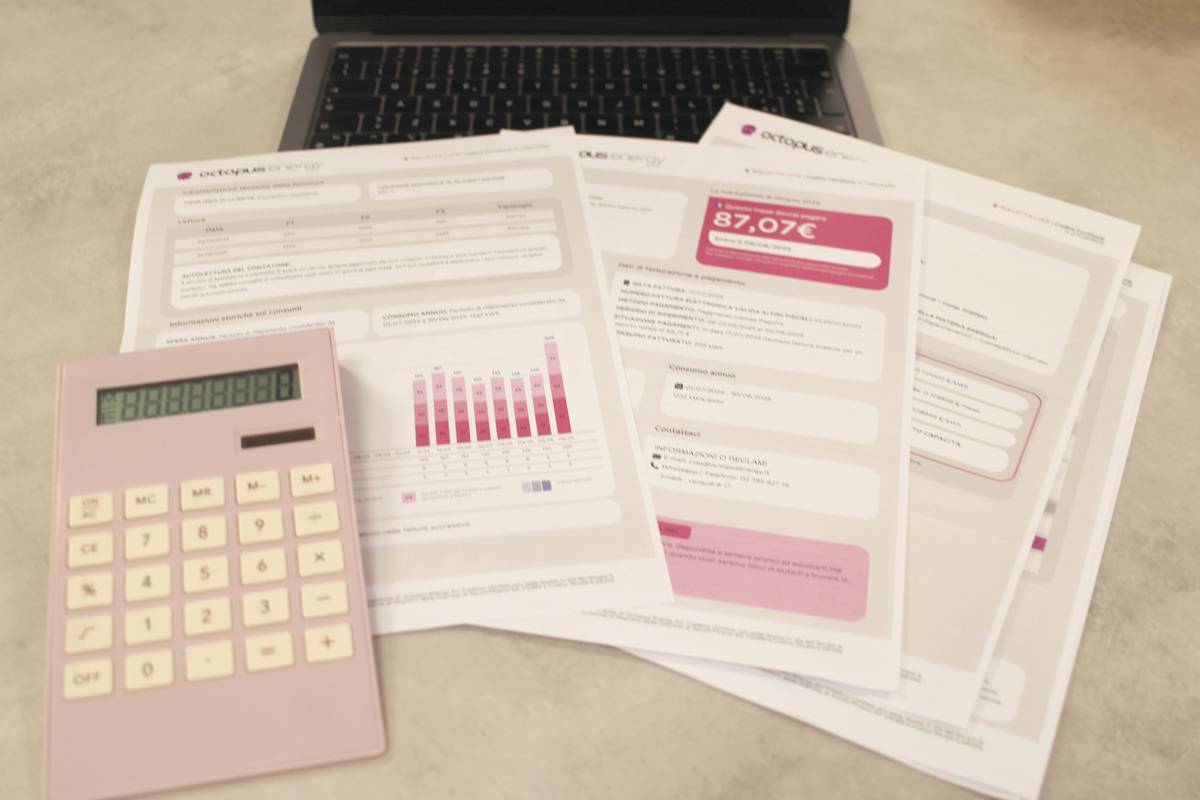“Have you ever felt like no matter how much you budget, the debt just keeps piling on? Yeah, us too.”
If this sounds painfully familiar, you’re not alone. A recent study found that 78% of Americans live paycheck to paycheck, with many struggling to manage their finances due to mounting debt. But here’s the good news: there’s a proven way out—a debt counseling budgeting course. It’s more than just spreadsheets; it’s your roadmap to financial freedom.
In this guide, we’ll uncover everything about these game-changing courses—how they work, why they’re worth it, and which ones truly deliver results. Ready? Grab your coffee—or tea if that’s your vibe—and let’s dive in!
Table of Contents
- Why Debt Is Sabotaging Your Budget (And What to Do About It)
- How to Choose the Right Debt Counseling Budgeting Course
- Top Tips for Maximizing Your Learning Experience
- Real-Life Success Stories from Budgeting Graduates
- Frequently Asked Questions About Budgeting Courses
Key Takeaways
- A debt counseling budgeting course can help you take control of your finances step-by-step.
- Look for accredited programs with personalized support to ensure success.
- Consistent effort and practice are crucial—you won’t get rich overnight!
Why Debt Is Sabotaging Your Budget (And What to Do About It)
Let’s face it: budgeting without addressing debt is like swimming upstream wearing concrete boots—it doesn’t end well. Most people start with noble intentions but quickly spiral into frustration when loans, credit card interest, and unexpected expenses derail all progress.
My biggest blunder? Once, I tried cutting my latte habit to save $5 daily while ignoring a high-interest credit card balance growing at 19%. Spoiler alert: Those daily savings didn’t even make a dent. This is where professional help steps in. Debt counseling budgeting courses blend practical tools with expert guidance to tackle both ends of the problem simultaneously.

How to Choose the Right Debt Counseling Budgeting Course
Optimist You: “Follow these steps, and you’ll find the perfect course!”
Grumpy You: “Ugh, fine—but only if coffee’s involved.”
Step 1: Assess Your Current Financial State
The first rule of personal finance club: Know thy enemy. Take inventory of your debts, income, and expenses. Jot them down—it’s cathartic and sets the stage.
Step 2: Look for Accreditation and Reviews
Not all courses are created equal. Go for those backed by reputable organizations or certified counselors. Google reviews and testimonials will tell you what past students think.
Step 3: Check the Curriculum Details
A strong course should cover essentials like:
- Creating realistic budgets,
- Negotiating lower interest rates,
- Building emergency funds, and
- Developing long-term wealth strategies.
Step 4: Consider Support Systems
Pick a program offering ongoing mentorship or community support. Having someone cheer you through tough weeks matters more than you think.

Top Tips for Maximizing Your Learning Experience
- Stay Consistent: Set aside time each week to review lessons and apply new strategies.
- Tech Upgrades Optional: While pricey software might look shiny, Excel works wonders too.
- Engage With Others: Join forums or Facebook groups related to your course. Shared struggles create powerful bonds.
- Be Honest With Yourself: Glossing over numbers won’t cut it. Accuracy = Progress.
Pro Tip (or Anti-Tip?): Don’t fall for “quick fix” schemes promising instant riches. These gimmicks rarely deliver.
Real-Life Success Stories from Budgeting Graduates
Katie, a single mom from Ohio, enrolled in a debt counseling budgeting course after years of juggling bills. “I was overwhelmed,” she admits. After six months of disciplined learning and application, she paid off $10,000 in credit card debt—all while saving for her daughter’s college fund.
Luis, an entrepreneur drowning in business loans, credits his turnaround to actionable modules on negotiation tactics. He slashed his annual interest payments by nearly 50%, freeing cash flow for expansion.

Frequently Asked Questions About Budgeting Courses
Q: Are debt counseling budgeting courses expensive?
Nope, many range from free workshops to premium memberships under $500.
Q: Can I complete the course online?
Absolutely. Most modern programs offer flexible e-learning options.
Q: Will this actually work, or am I wasting my money?
If you commit fully, yes—it absolutely works. Think of it as investing in yourself.
Conclusion
Congrats, you made it to the finish line! Let’s recap:
- Budgeting isn’t just about tracking dollars—it’s about tackling debt head-on.
- Selecting the right debt counseling budgeting course makes all the difference.
- Stay vigilant, seek support, and remember: Rome wasn’t built in a day.
Like bootcut jeans returning to fashion trends, managing finances requires patience and persistence. So go ahead—invest in your future today. And hey, treat yourself to a celebratory cupcake once you ace Module One. You deserve it.
Random Haiku Time:
Numbers add up slow,
Debt shrinks—one class at a time.
Freedom tastes sweet now.


